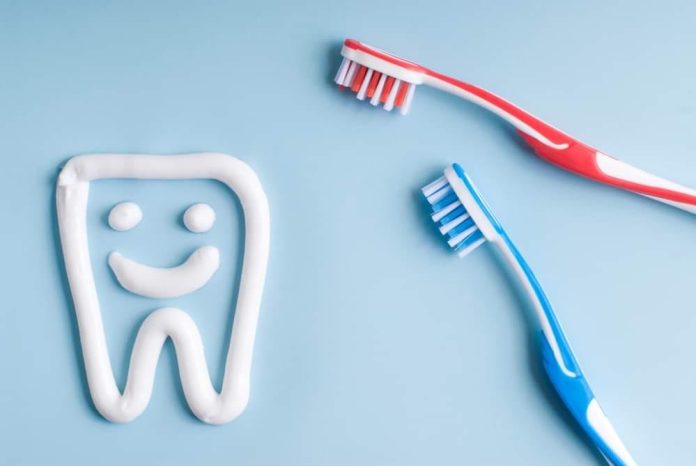
Dr. Tanzina Afroz
In recent years, the importance of mental health has gained increasing recognition, prompting conversations and initiatives worldwide. But there’s another aspect of health that might not get as much attention in the mental health discourse: oral health. The poor oral health status that individuals with mental illness tend to have been a significant contributor to the 25-year gap in life expectancy between persons with mental illness and the wider population. Surprisingly, these two seemingly distinct areas of health are intricately connected, with research revealing a significant interplay between them.
Studies have uncovered a bidirectional relationship between mental health disorders such as anxiety, depression, and schizophrenia, and oral health issues like periodontal disease, tooth loss, and poor oral hygiene. Individuals suffering from mental health conditions often exhibit neglect of their oral health, leading to a higher prevalence of dental problems. Conversely, poor oral health can contribute to psychological distress, exacerbating existing mental health conditions or even triggering new ones.
The connection between mental health and oral health can be attributed to various factors. One key factor is behavior. People experiencing mental health challenges may engage in behaviors detrimental to oral health, such as neglecting regular brushing and flossing, consuming sugary or acidic foods and drinks excessively, or avoiding dental appointments due to anxiety or depression.
Moreover, the physiological stress response, a common feature of many mental health
disorders, can impact oral health. Stress can weaken the body’s immune system, making
individuals more susceptible to infections like gum disease. Chronic stress can also lead to
teeth grinding or clenching, known as bruxism, which can result in tooth damage and jaw pain.
Recognizing the intertwined nature of mental health and oral health underscores the importance of integrated healthcare approaches. Mental health professionals should consider screening patients for oral health issues and incorporating oral health education and referrals into their plans. Likewise, dental professionals can play a role in identifying signs of psychological distress and referring patients to appropriate mental health services.
Public health campaigns and community outreach programs are also vital in raising awareness about the mental health-oral health connection and promoting preventive measures.
Encouraging open dialogue about mental health and reducing stigma surrounding both mental illness and dental care can empower individuals to prioritize their overall well-being.
The writer completed the BDS (Bangladesh), MPH (UK), FRSPH (London)
And she is a Fellow, Royal Society for Public Health, England.






